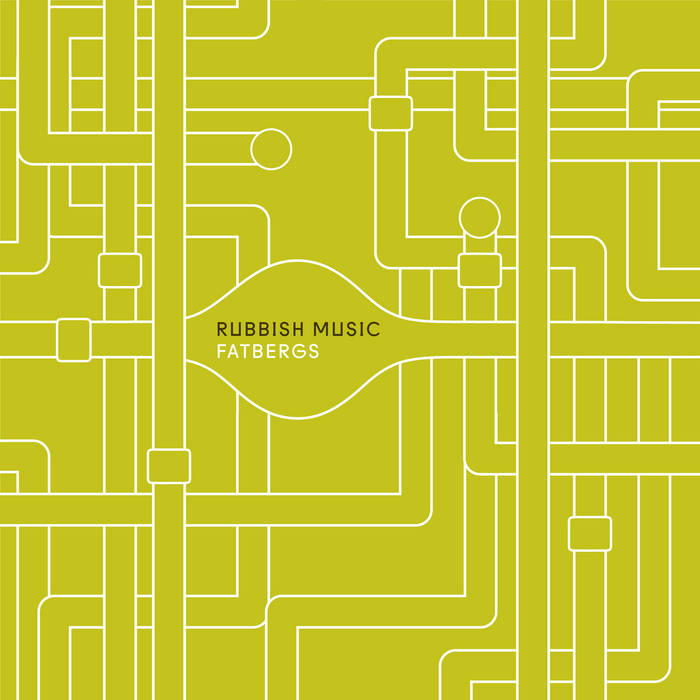“Huge and disgusting” said Matt Rimmer, head of waste networks at Thames Water, about the fatberg his colleagues had spent two weeks trying to dislodge from a sewer in London’s turbo-gentrified, hi-tech business district Canary Wharf in 2019. Formed when fat, oil and grease poured down drains meet non-biodegradable items, such as wet wipes and nappies, fatbergs are gargantuan blobs of clogging matter. One in Devon was as long as the leaning tower of Pisa is tall. Another weighed more than an African elephant. Canary Wharf’s was as big as a small bungalow.
They’re odd entities, made from mass-produced, easily discarded material, they require industrial might to break them down again. They’re emblems of our layered cities. The Canary Wharf example emerged in one of London’s most futuristic conurbations, and showed it was built atop archaic subterranean infrastructure incapable of processing what’s discarded from the city above.
Fatbergs lend their name to and inspire the second record from Rubbish Music, aka sound artist Kate Carr and composer Iain Chambers. The pair play packaging, empty bottles and assorted tubing through slow swirling electronics to produce a form of electro-acoustic, almost ambient music. Seeing them live is surreal, the colourful junk they wield strangely disconnected from the serene foreboding of the sounds produced.
Their second record remains in the beatless, texturally rich terrain explored on debut, Upcycling. But the sounds move differently now. Upcycling twirled and flurried like the contents of a fox-ravaged bin bag elegantly blowing through the wind. Fatbergs creaks and swells, pockets of congealed echoes discharging rogue sonic ephemera, like a large, squidgy object squeezing through a narrow pipe. Metallic clunks and soggy rattles on opener ‘The Fatberg Which Weighed As Much as Three Elephants’. Plastic croaks and insectoid whines on ‘Huge and Disgusting 300 tonne Fatberg’.
Rubbish Music’s process finds euphoniousness in junk. It’s a practice in defiance of the endless production of single-use materials. It’s a uniquely effective approach to ecologically minded art, where the solution is in the execution rather than just an idea shouted about in the accompanying statement. Key to the message landing is that, for all its unlikely materials, their music is actually intriguing to hear. Dank, subterranean and possibly toxic, Fatbergs also has an odd gothic beauty seeping through its gooey mass. Starting from the rancid overmatter of the world as it is, they speculate on the mysteries of our cities’ monstrous undersides. The delicacy and detail of the record is a challenge to imagine fatbergs as complex aesthetic objects rather than mere lumps of hell to be disposed of as quickly as possible. A curiosity shop of waste monsters which carry more meaning than simply being huge and disgusting.


